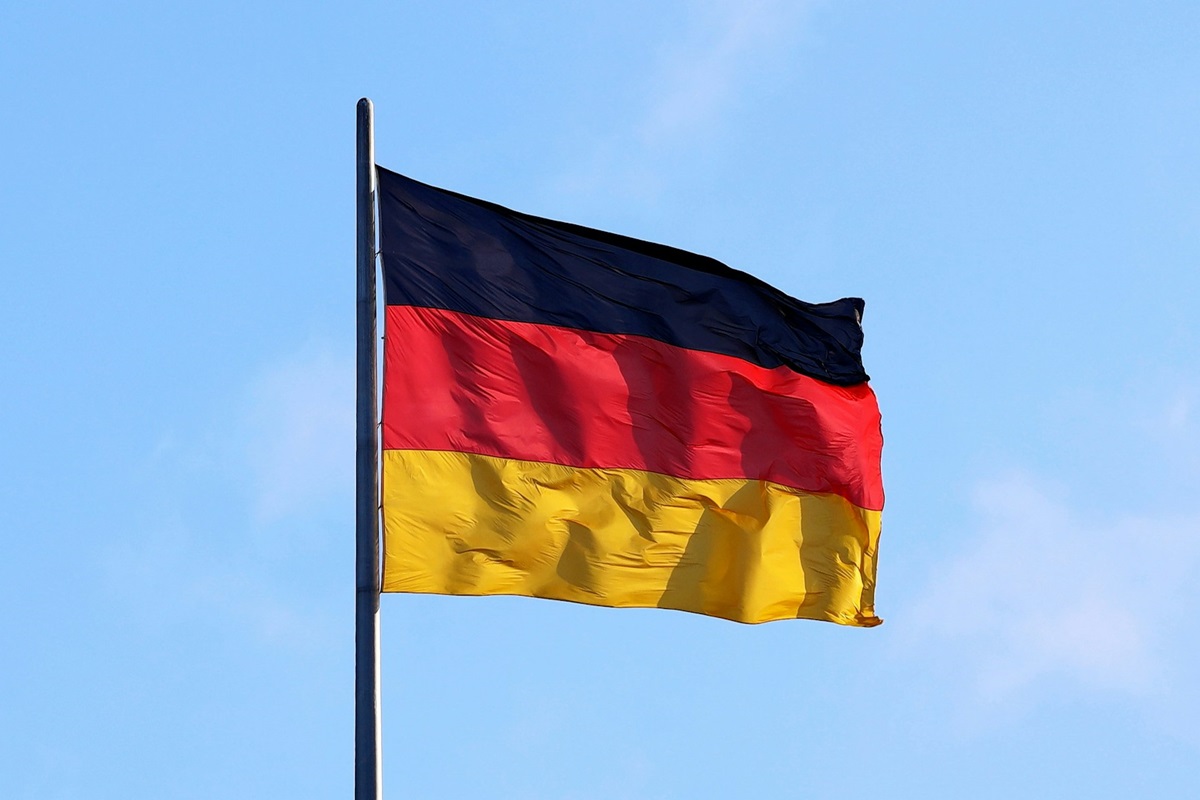In Germany, a decrease in industrial output was recorded in March.

It is worth noting that the drop in the mentioned indicator in the specified month was recorded for the first time since the beginning of the current year. The corresponding result is evidence that the industrial sector of the largest national economy in Europe still continues to be affected by several problematic factors.
In March, German production volumes decreased by 0.4% compared to February. The reasons for this dynamic are falling prices for consumer and intermediate goods. Also, not the most favorable situation with energy resources from the point of view of representatives of the German industrial sector was the impact factor. Information on the reduction in production volumes was published by the Federal Statistical Office (Destatis). on Wednesday, May 8.
It is worth noting that the negative result still contains what can be described as a positive aspect. Analysts surveyed by the media predicted that the decline in industrial production in Germany in March would be 0.7%. The final result was better than the preliminary expectations. However, this circumstance in no way cancels the fact of a drop in industrial production, which is a very sensitive problem for Berlin.
It is also worth noting that in January and February 2024, the situation in the German industrial sector was more positive. During the first two months of the current year, there was a dynamic of growth in this sphere of activity. Against the background of positive data for January and February, the president of the European Central Bank, Christine Lagarde, said that perhaps Germany’s most difficult economic problems are a thing of the past.
Over the past two years, Berlin has faced a near-stagnation. At the beginning of 2024, the German economy showed growth that exceeded the preliminary expectations regarding the dynamic of the corresponding indicator. At the same time, the state of affairs in the local economic system is still at a considerable distance from the situation, which can be described as stable. For example, the German manufacturing industry continues to show significant weakness. It is worth noting that for the economic condition of Berlin, the mentioned sphere of activity is much more important than for other European capitals.
Carsten Brzeski, global head of international macroeconomics at unit ING, said in an email to clients that the cyclical downswing had ended in Germany and optimism had returned. At the same time, the expert noted that the path to significant recovery, especially in industry, remains long.
In March, Germany recorded an unexpected significant decrease in the number of factory orders. Local manufacturers have not yet recovered from the sensitive and, in a sense, fundamental impact on their activities of factors such as falling global consumer demand, rising interest rates, and increasing energy prices.
German steelmaker Salzgitter AG said its profit for 2024 is likely to be lower than preliminary expectations as the downturn in the industry continues.
At the same time, Europe’s largest economy boosted exports in March. External supplies increased by 0.9%.
The Bundesbank said last month that the German economic system has shown some improvement, but the materialization of the scenario of its full recovery still does not belong to the category of guaranteed options of the near future. At the end of April, the government of the country released a forecast according to which economic growth in 2024 will be 0.3%. It is worth noting that the previous version of this forecast anticipated an increase in the mentioned indicator by 0.2%.
Bundesbank President Joachim Nagel said in April, during a conversation with media representatives, that Germany’s economic prospects had improved.
At the same time, Berlin continues to face the impact of fiscal constraints on public finances after years of crisis spending. The German Finance Ministry predicts that the share of debt in gross domestic product (GDP) will decrease to 62% in 2028 from the current 64%. The public sector deficit is also expected to remain at less than 2% during this period.
S&P Global said last month that Germany, which became the only G7 state facing economic shrinking in 2023, in April became a source of positive impact on the dynamic of private production in 20 eurozone countries.
Improving business sentiment also strengthens positive expectations regarding Berlin’s economic prospects. In April in Germany, an expectations gauge by the Ifo Institute rose to 89.9. in April from a revised 87.7 the previous month. Against the background of these data, Ifo President Clemens Fuest stated that local companies have become more satisfied with their business. In the relevant context, it was noted separately that the economic situation in Germany is on a stabilization trajectory, which is greatly facilitated by the activities of service providers.
Also, at present, external factors are a kind of favorable circumstances contributing to Berlin’s recovery from the crisis. In the relevant context, the improvement of the global economic situation and the easing of monetary policy in the eurozone should be mentioned.
Chancellor Olaf Scholz positively assesses Berlin’s prospects in the context of the economic dynamic. According to him, such circumstances as record employment and the downward trajectory of the inflationary process contribute to the appropriate assessment.
Clemens Fuest said in April that German economic growth would be weak in the foreseeable future. At the same time, he noted that the mentioned process, at least, will not be negative. Clemens Fuest also clarified that the economic situation in Germany is stabilizing, but so far there is no reason to make statements about a full recovery.
Franziska Palmas, senior Europe economist at Capital Economics, says that the decline in German industrial production in March after two months of growth is a reminder that the German economic system still continues to face difficulties. The expert expects that the industrial output of this country will still show growth in 2024, but the corresponding dynamic will be moderate.
Klaus Wohlrabe, head of surveys at Ifo, says that the lack of orders is holding back Germany’s economic development. Commerzbank’s senior economist Ralph Solveen expects a decline in production in the country in the coming months. At the same time, the expert predicts that economic recovery in the second half of the current year.
As we have reported earlier, Germany to Help Its Tech Industry to Compete With Silicon Valley.









